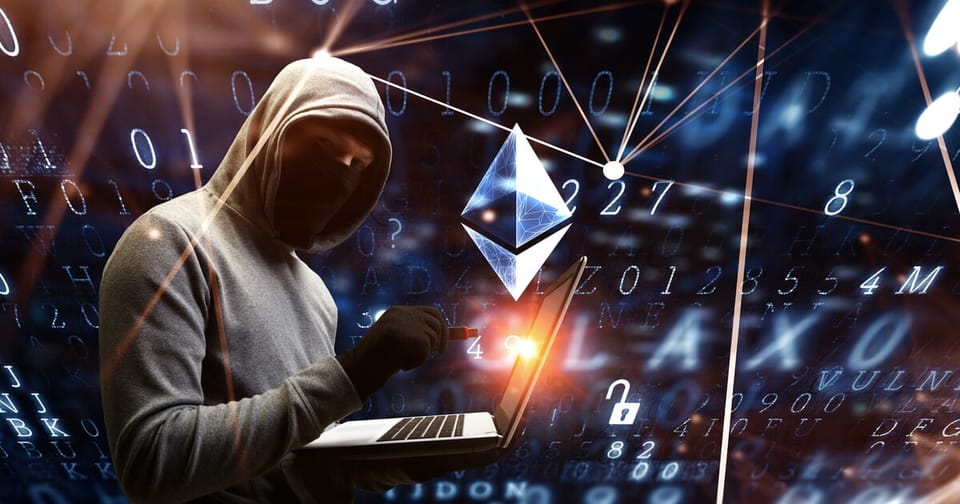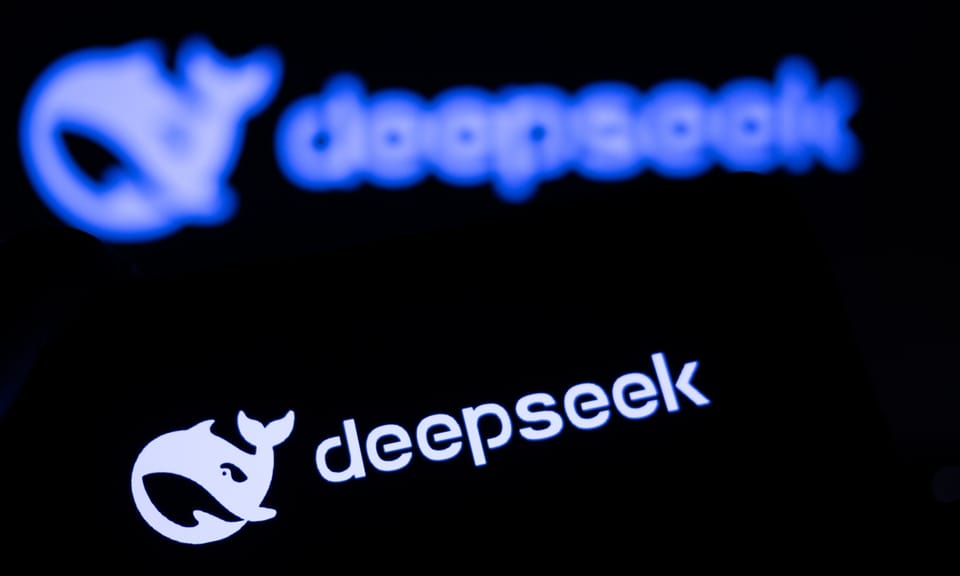There are different ways how to get into crypto and claim free rewards. For example, individuals and crypto enthusiasts can use crypto faucets, join Pay-to-Click (PTC) programs, or just join learning educational sites to claim free crypto.
The Bybit's $1.5bn hacking is now considered the biggest crypto breach ever. According to reports, hackers belonging to the Lazarus Group stole the funds from the exchange's cold wallet. Bybit's hack is bigger than that of Poly-Network, BSC Token Hub, and Ronin Network hacking.
Crypto mining pools offers miners a cost-efficient way of solving puzzles, confirming and adding blocks on the blockchain, and earning rewards. In pooled mining, participants share their resources for mining, and also share the rewards.
DeepSeek, a project by a Chinese hedge fund, High-Flyer, is currently dominating conversations in AI and tech circles. Designed like OpenAI's ChatGPT, DeepSeek was reportedly trained for "just US$6
Tap-to-earn (T2E) games are taking the crypto world by storm thanks to their simple gameplay, rich storyline, and potentially rewarding narratives. Three of the popular T2E projects are Notcoin, Hamster Kombat, and Catizen.






